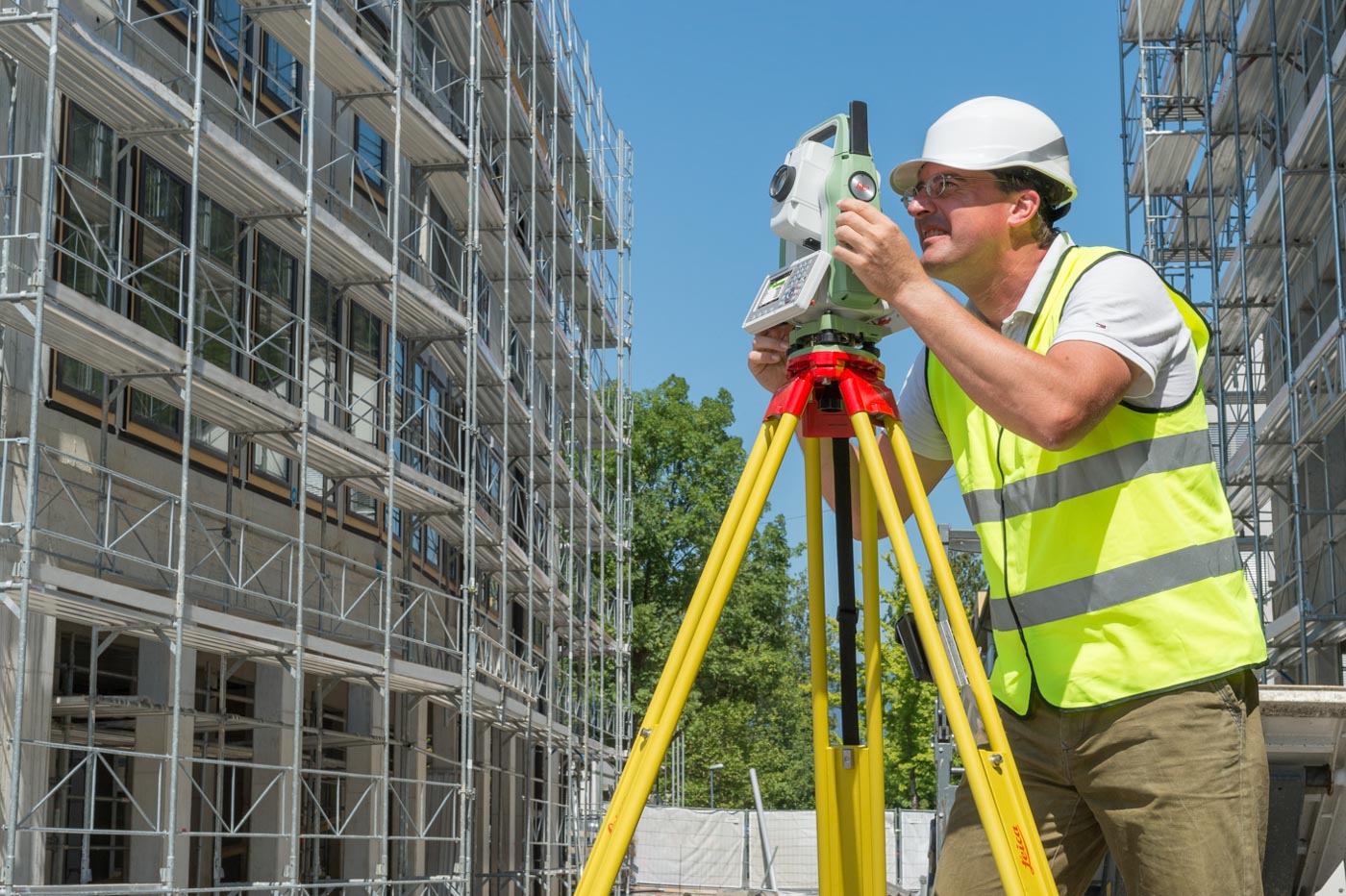Published: 16 Jul 2025
UPDATE 2026: Check out www.becomeasurveyor.com for all the routes into geospatial surveying.
There is much discussion of the importance of apprentices and why businesses should support their education. In this article, we look in more detail at how apprenticeships can help address the profession’s skills gap crisis, and bring multiple benefits to surveying companies:
1. Apprentices are good for business
As a cost-effective way of investing in your staff to support your business in the future, apprenticeships are the way forward. Apprentices will be passionate to learn, bringing new passion and drive to your business. Apprenticeships can be for new recruits and they can also be used to upskill existing staff.
2. Teaching apprentices tackles the skills gap
The future of your business lies with inspiring and training the next generation. Taking on an apprentice, who is ready and willing to learn from more experienced members of the team, is a sure way to make sure that the skills that are essential for our profession are passed on. It can also benefit the mentor of the apprentice as it helps to consolidate their knowledge and can be very rewarding to pass on skills to the next generation.
3. Provides a legacy for your business
Taking on an apprentice who is motivated to remain loyal to your company throughout their career will help build a legacy for your business.
4. Helps your business move with the times
Each generation has a greater understanding and mastery of technology, as it becomes more engrained and an essential part of surveying. Apprentices can bring a new, fresh perspective to your business on how best to utilise emerging technologies and therefore new ways of working and winning business. They can also help pass on their knowledge to other staff.
5. You can receive business support
Taking on an apprentice is a big commitment. However, the government covers 95–100% of apprenticeship training costs, making it one of the most affordable ways to develop staff:
- Levy-paying employers (annual payroll over £3 million) can use their levy funds to pay for training
- Non-levy employers pay just 5% of the training cost, with government covering the rest.
If you are upskilling existing staff, you continue to pay their salary as normal. There is no requirement to reduce pay when someone becomes an apprentice. This makes apprenticeships a powerful retention and development tool—particularly for team members stepping into new responsibilities.
6. Kickstarts a new career
Inviting an apprentice to join your business can help jumpstart a career, as apprenticeships require learned on-the-job experience to allow them to qualify. From GCSE age to postgraduate there are qualifications through levels 1-7, with the most relevant to land survey being the Level 3 Geospatial Survey Technician apprenticeship and the Level 6 Geospatial Mapping and Science Specialist (degree level).
7. The pressure’s not all on you
Apprentices don’t spend 100% of their time learning solely from your company. They will attend college, either a day a week, or in blocks of one or two weeks, with the rest of the time spent with the company learning on the job. This two-way support enables the apprentice to put into practice their theoretical learnings in the workplace, but also take back their new-found practical skills and knowledge to their coursework. This ensures a balanced education to enable apprentices with the best chance of being ready for the real world of surveying.
8. We can help
You can find out lots of detail about apprenticeships work on our website here https://www.tsa-uk.org.uk/apprenticeships-your-questions-answered/ where we have answers to some of the most often asked questions and loads of useful links for more information.
9. Advertise for an apprentice
The Survey Association offers a free service to promote your apprentice requirements. So whether you’re looking for a Land, Utility or Hydrographic Surveying apprentice, showcase what your company has to offer and attract the best apprentice talent here: https://www.tsa-uk.org.uk/apprenticeships/
10. There are going to be some changes
The UK Government has reformed the way apprenticeships are delivered and funded in England. From 1 August 2025, there are going to be significant updates to apprenticeship funding, coming into effect for new apprentice starters.
Some of these changes include the minimum duration of an apprenticeship reducing from one year to eight months, to boost faster qualification, and from 1 January 2026 there will only be Levy funding available for new starting apprentices aged 21 or younger – older apprentices must be self-funded by the company supporting them. For more information for how this might impact your business visit: https://www.gov.uk/government/publications/apprenticeship-funding-rules-2025-to-2026

